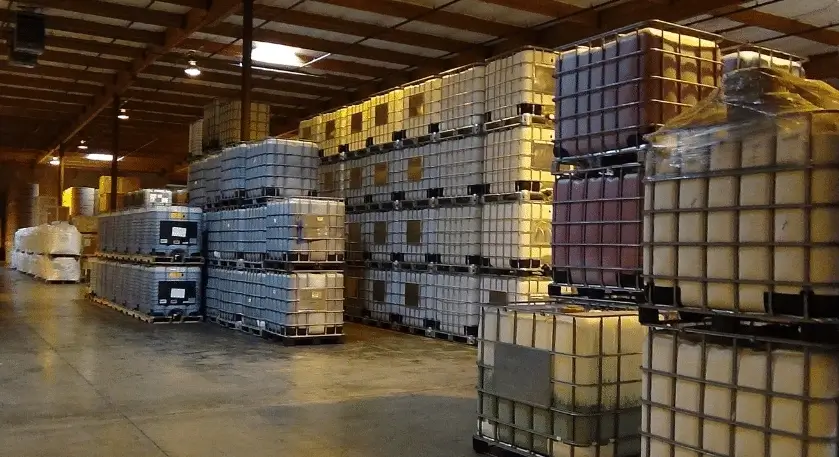Before talking about the various types of warehouses, it is important to talk about warehouses. “Warehouse is a place or an establishment for the safe storage of goods“. The warehouses are specially built for preserving goods from the time they are produced until they are needed for consumption.
The warehouses built for the storage of goods differ in size, design, and production depending upon the nature of goods and products.
Types of Warehouses
There are four types of warehouses, which are discussed, are as under:
- Private warehouses.
- Public warehouses.
- Bonded warehouses.
- Cooperative warehouses.
1. Private Warehouses
These types of warehouses are those warehouses, which are owned by individual producers manufacturers, wholesalers, etc, in different cities for the storage of their goods. These warehouses are constructed by the owners according to the nature of the commodity to be stored. E.g. cold storage is built for keeping perishable goods like fruits, eggs, meals, vegetables, etc.
These products are stored and supplied in the market as demanded at fair prices. The cotton mills, the flour mills, the beverage companies, the diesel and petrol companies, etc also establish their special warehouses according to the need and demands of the market.
The big farmers in the villages also set up their warehousing for storing their surplus production of cotton, wheat, rice, tobacco, fruits, etc. These goods are also stored and preserved and supplied to the market on demand.
2. Public Warehouses
These are types of warehouses, which are established as independent units for the storage of goods in return for a storage fee. These warehouses are licensed by the state. Their methods of operation and rates of charges are controlled and regulated by the government.
Public warehouses may be owned by a dock authority or any member of the public. Legally, the owners of these warehouses are in the position of a guardian. They are In charge of goods stored. They issue the receipt for the goods kept with them and charge a normal fee.
Public warehouses are mostly constructed at favorable points on railway routes, and main roads, so that convenient transport facilities are available to the stockiest. The manufacturers, wholesalers, stockiest, etc make use of the public warehouses for stocking goods and economical distribution of products.
The receipts issued by the public warehouse keeper can be used as security for obtaining loans from the banks.
3. Bonded Warehouses
Bonded warehouses are such types of warehouses, which are duly licensed by the government for accepting imported goods to stores. The goods are released to the importers on payment of customs duties. The bonded warehouses are constructed at seaports or dry ports in big cities.
The bonded warehouses may be owned by the dock authorities or maybe by someone private person. These warehouses work under the supervision and control of the customs authorities of the country. The main services rendered by the bonded warehouses are as under:-
Duty can be paid in parts
The importer can remove the goods stored in bounded warehouses in parts after making payment of excise and customs duty only on that quantity of the goods which is removed. The importer is thus saved from making heavy payments of duty all at once.
Bottling, racking, and vetting
Bottling racking and vetting of liquid can be carried out by the warehousing authority on receiving such instructions from the importer of liquid.
Blending and labeling
The warehouse owners also perform the duty of blending different varieties of tea and coffee through their experienced staff. When the quality and flavor of the product are improved, it fetches a higher price in the market. The warehouse owners, on receiving orders from the importers, also attach labels and pack the goods in suitable packages or containers.
4۔ Cooperative Warehouses
Cooperative warehouses can also be set up in villages or cities under the Cooperative Societies Act of 1925. The members of the Cooperative Warehouse can store their goods on a rent basis, which is comparatively low than the private warehouses. The nonmembers can also have benefits by storing the goods in the cooperative warehouse by paying them enforced rent.

Hello everyone! This is Richard Daniels, a full-time passionate researcher & blogger. He holds a Ph.D. degree in Economics. He loves to write about economics, e-commerce, and business-related topics for students to assist them in their studies. That's the sole purpose of Business Study Notes.
Love my efforts? Don't forget to share this blog.





